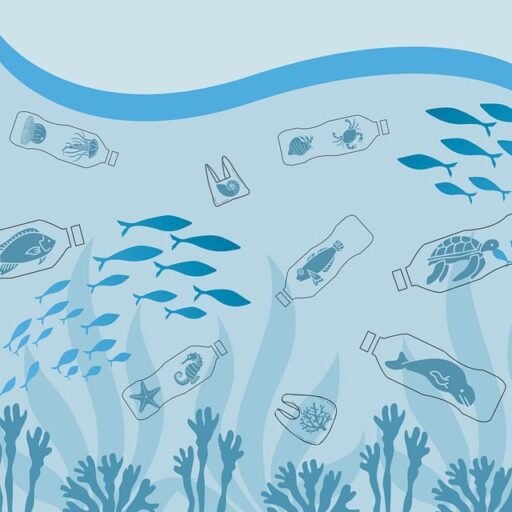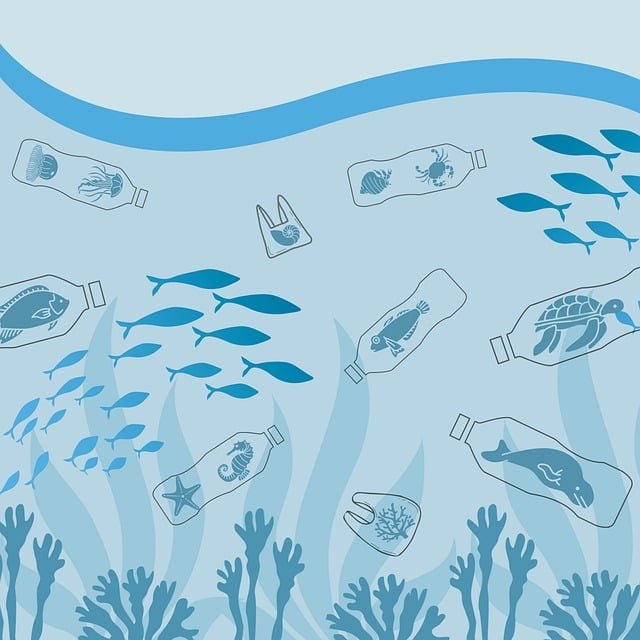## The Future of Plastic Waste Management: Innovation, Responsibility, and a Sustainable Tomorrow
We live in a world increasingly reliant on plastic. From packaging to construction, its versatility and affordability have revolutionized countless industries. However, this convenience comes at a cost. The very properties that make plastic so useful – its durability and resistance to degradation – also contribute to a growing global crisis: plastic pollution.
## ## The Scope of the Problem: A Looming Environmental Threat
Images of plastic-choked rivers, marine life entangled in debris, and overflowing landfills have become all too familiar. The statistics paint an even grimmer picture. Every year, over **300 million tons** of plastic are produced globally, with a significant portion ending up in our environment. This plastic waste poses a multifaceted threat:
* **Environmental Degradation:** Plastic debris pollutes ecosystems, harming wildlife and disrupting natural processes.
* **Climate Change:** The production and incineration of plastic release greenhouse gases, contributing to global warming.
* **Human Health Risks:** Microplastics, tiny particles resulting from plastic degradation, have infiltrated our food chain, posing potential health risks.

## ## A Call for Action: Shifting from a Linear to a Circular Economy
Clearly, the current linear model of “take, make, dispose” is unsustainable. The future of plastic waste management hinges on transitioning to a **circular economy**, where plastic is treated as a valuable resource, not a disposable commodity. This involves:
* **Reducing Plastic Consumption:** Embracing reusable alternatives, supporting businesses that prioritize sustainable packaging, and advocating for policy changes are crucial steps.
* **Improving Waste Management Systems:** Implementing efficient collection and sorting processes, particularly in developing nations, is essential to prevent plastic leakage into the environment.
* **Investing in Innovative Technologies:** From advanced recycling methods to bioplastics, technological advancements hold immense potential for revolutionizing plastic waste management.
## ### Rethinking Recycling: Beyond the Traditional
While traditional recycling plays a role, it’s not a silver bullet. Many plastics are difficult to recycle, and the process itself can be energy-intensive. The future demands innovative solutions:
* **Chemical Recycling:** This process breaks down plastics into their molecular building blocks, allowing for the creation of new, high-quality materials.
* **Advanced Mechanical Recycling:** New technologies are enhancing traditional mechanical recycling, enabling the processing of previously non-recyclable plastics.
* **Bioplastics:** Derived from renewable resources like plants, bioplastics offer a biodegradable alternative to conventional plastics.

## ### The Power of Collaboration: A Shared Responsibility
Addressing the plastic waste crisis requires a collective effort. Governments, businesses, and individuals all have a role to play:
* **Government Policies:** Implementing Extended Producer Responsibility (EPR







